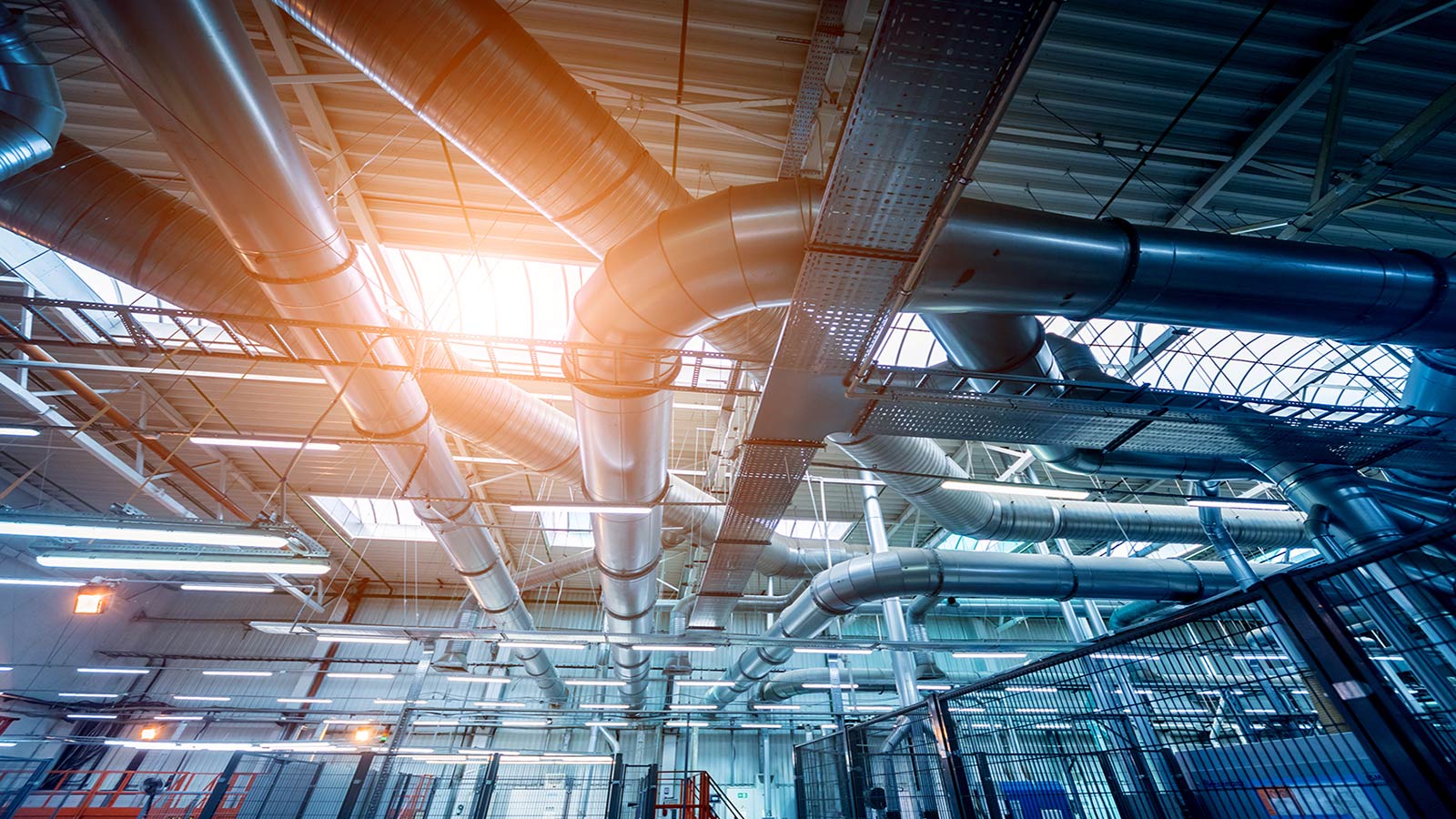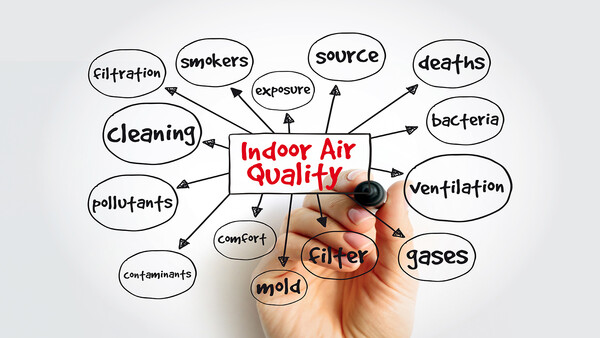How building automation impacts health, efficiency, and indoor air quality in hospitals
How does building automation ensure hospitals are safe, secure, comfortable environments for everyone?





Consulting-Specifying Engineer conducted the Specifying Considerations for HVAC Equipment and Building Automation/Control Systems study in 2022 to identify the buying and specifying habits of building professionals when it comes to HVAC and building automation system products.
When asked in late January and early February 2022, 163 people participated. The sample for this study was selected from qualified subscribers of Consulting-Specifying Engineer with valid email addresses who select, specify, or design HVAC and/or building automation systems in new construction or modernization projects.
The majority of respondents were engineers (45 percent), and about half (53 percent) were senior administration or upper management staff. Half of respondents worked for consulting engineering firms.
The survey touched on smart HVAC and building automation systems, which are important in many buildings, especially as they relate to COVID-19. A smart building project leverages data from one historically siloed system to another siloed system to create new and useful insights, savings, efficiencies, and other uses. If an organization’s business and building systems become integrated, a smart building project creates the greatest economic impact.
Sixty-one percent of respondents specify smart HVAC or building automation systems; 36 percent have been specifying smart systems more in the past 18 months than before the COVID-19 pandemic. Of those who said yes, 36 percent specified more smart systems recently.
During the COVID-19 pandemic, energy efficiency improvements increased substantially in importance for smart HVAC and building automation systems. Other features that grew in importance include interconnectivity with other systems, scheduling and convenience, and owner/user understanding and desires.
When researching and specifying HVAC equipment and building automation systems, the average engineer spends 33 percent of their time researching vendors on their own, 24 percent evaluating vendors after speaking with their representatives, 18 percent sending proposal-like requests for information, and 25 percent writing the specification.
The research and evaluation process is typically 5 months before engineers specify a new HVAC product or building automation system. Seven percent of respondents indicated they specify only products with which they are familiar.
Despite the COVID-19 pandemic, more than half of respondents reported no change to their research and evaluation process.
Do you design building automation systems? Our website offers free tools and utilities for building design and automation consultants. Make your life easier, save time, and save effort by registering for a Consultant account on our Reliable Controls Support Center.
This content was previously published by Consulting Specifying Engineer.

How does building automation ensure hospitals are safe, secure, comfortable environments for everyone?

Learn when and why MS/TP communication is helpful in building automation systems.

From the moment you park your car at a hockey arena, your comfort and safety are enhanced through a building automation system. Here’s how.

Building automation systems can make buildings truly intelligent, reducing their carbon footprint and saving money. Learn how.

Ever wonder how a building automation system ensures safety and accuracy in lab work?

Museums—and their building automation systems—play an important role in preserving the preserved. Learn how.

When you see a doctor or personal trainer, you benefit from their knowledge and experience. In the same way, a building automation system should provide all the tools you need to maintain your buildings in optimal health.

What are you doing to mitigate the transmission of viruses indoors? Learn what measures you can take and how your smart building provides more information and control for IAQ concerns.